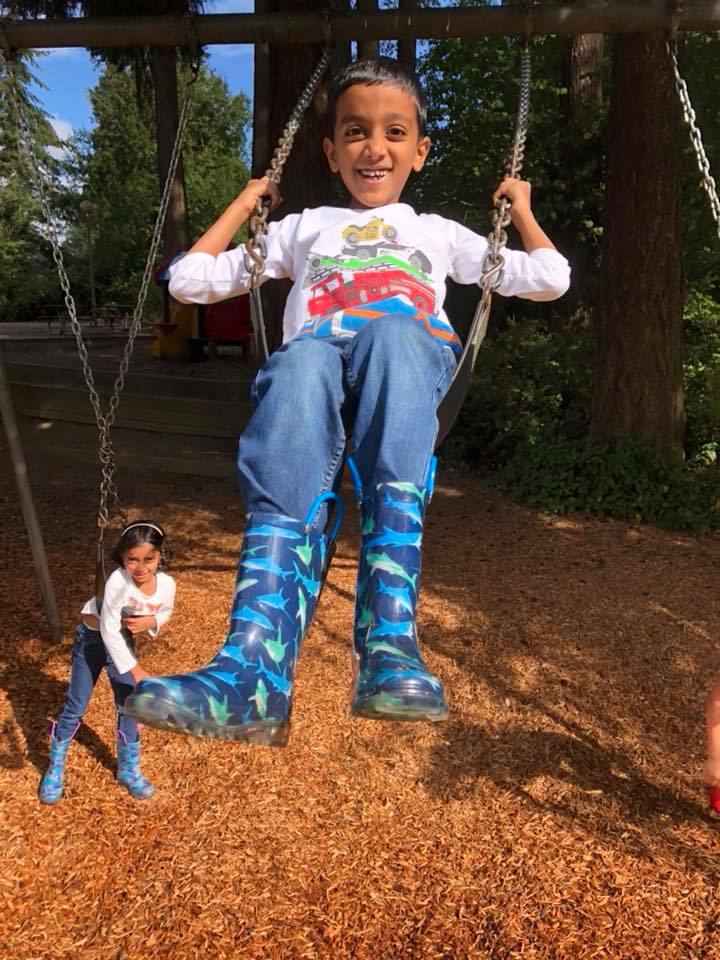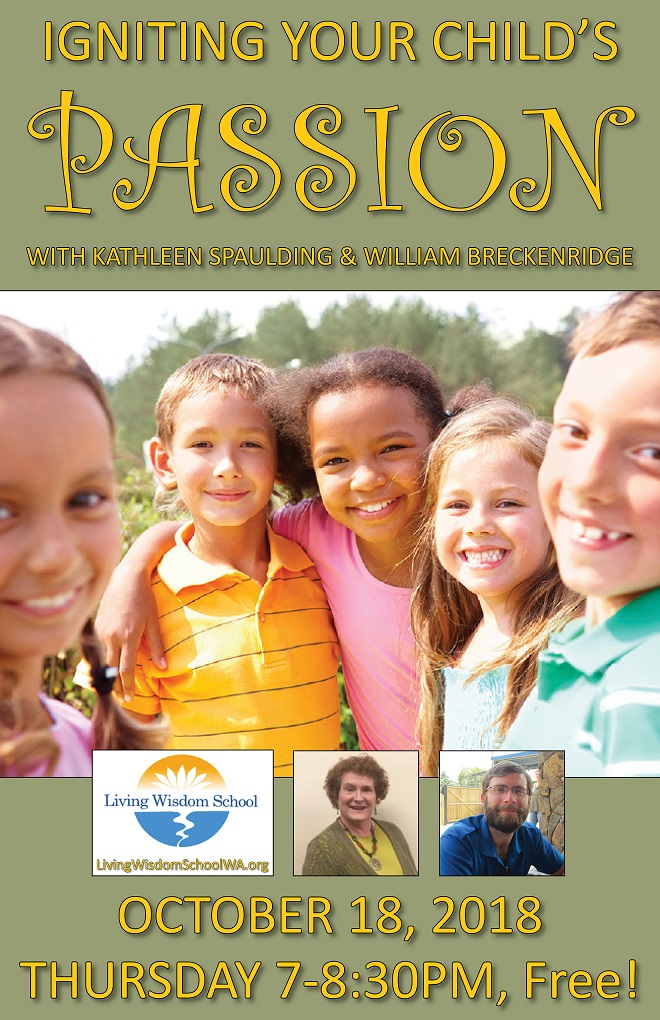
This is part three of a multi-part series summarizing “Education for Life”, the philosophy behind our curriculum. Reading these articles will familiarize you with the principles and ideas that make the Living Wisdom School a unique educational experience. You can find more articles on the subject here.
Reason Must Be Balanced By Feeling.
In chapter three of Education For Life, the author digs into one of the most important topics concerning not only education, but the human experience: questioning the current paradigm of reductionist, materialist culture. Kriyananda calls for an observance of human nature (and human consciousness) in the realm of education, scientific rigor and understanding of the world overall.
“What is dismaying, is the widespread assumption that, if one can only train oneself to adopt a completely scientific outlook he will rise all together above human feeling, in his cold objectivity he will achieve superior understanding – as though, in that unfeeling state he could become some kind of intellectual superhuman.”
Kriyananda raises the concern that Western culture and civilization is leaning too heavily on objective, materialist reasoning and not accessing our own human feeling/intuition/consciousness as a compass to navigate through life.
What is interesting, is that Education For Life was published in 1986. Years before the advent of the internet, cell phones, let alone social media or virtual reality. Kriyananda was peering into the future when he wrote this. At one point in this chapter, he calls upon the imagery of science fiction’s often sterile, iron, plastic future where science has conquered nature. This contrast between the organic and the mechanical is paralleled by reason versus feeling.
“When intellectuality is not balanced by feelings it can produce a Hamlet complex, thereby paralyzing action.”
Kriyananda, who clearly has an affinity for Einstein (and who doesn’t) is referenced several times in this chapter. Einstein was not only the most brilliant mind humanity has ever known, but was remarkably intuitive.
“Einstein claimed that the essence of scientific inquiry is a sense of mystical awe before the wonders of the universe. Great scientists of the world, like most great human beings, are dreamers as well as people of action.”
It is said he knew the theory of relativity intuitively before he had the science to back up his theory. This is such an important concept to the Education for Life philosophy. The balance between thought and action, reason and feeling. EFL is philosophically balanced between scientific discovery and the feelings associated with that process. We are all driven by an internal voice that moves us through this world. This internal voice, this feeling we have, is critical to our intellectual lives.
"Our (Western) school system breeds preoccupation with mere things, and with abstract ideas, while fostering indifference to values that are more closely human.”
Kriyananda makes the strong point that the way in which feelings are portrayed in the media are extreme and he proposes that this portrayal of emotions is a way to marginalize and or exercise them without grace, nuance, or complexity. It’s rather plain to see that emotional maturity is becoming less and less common, and if Living Wisdom School and EFL can develop a child’s ability to be in touch with, refine and use their feelings to help them balance their intellectual lives, then these children will be more prepared to live a happier life.
Scientific discovery…and to update Kriyananda’s book, technology are critical to the advancement of civilization. However, the over-emphasis of reason (science/materialism/technology), and the marginalization of human feeling is creating a colder future for our children.
“Science has taught us to learn from Nature. Why not, then, seek to learn from human nature, and also from divine nature?”
If it is our goal to pass along wisdom to our children so that they may live better more prosperous lives, then we should place more emphasis on our findings about happiness, and the value of refined emotions and balance. Let us pass along the importance of balance between intellect and feelings.
At Living Wisdom School, this balance of curiosity and connection with feelings, is at the forefront of every school day. Now, more than ever it is important that our children are given the opportunity to learn and feel at the same time.
William Breckenridge and Kathleen Spaulding of Living Wisdom School will do a free presentation on "Igniting Your Child's Passion on October 18, 7-8:30pm. Learn more here.

